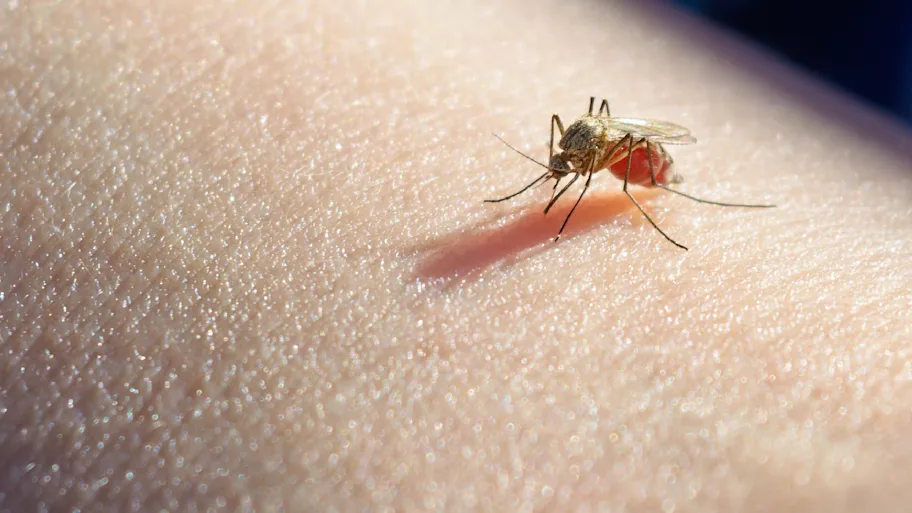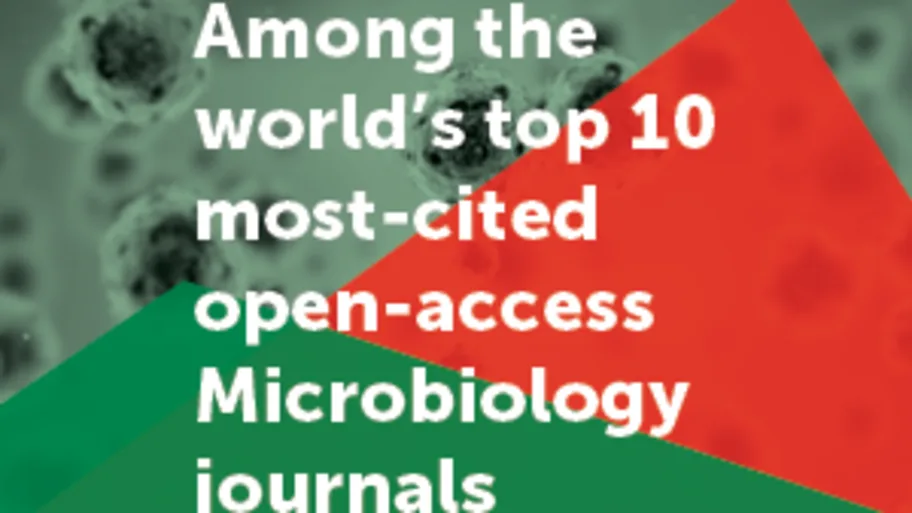
- Science news
- Frontiers news
- Chief Editors Jeroen Saeij and Stefan Kappe launch a new Section in Frontiers in Cellular and Infection Microbiology
Chief Editors Jeroen Saeij and Stefan Kappe launch a new Section in Frontiers in Cellular and Infection Microbiology

— by Dawn Hunter and Sophie Ferguson
Under the expert leadership of Jeroen Saeij of the University of California, Davis, and Stefan Kappe of the Center for Infectious Disease Research, Seattle, this section publishes research addressing the host-parasite interactions of eukaryotic pathogens.
“Eukaryotic pathogens (parasites) are relatively understudied compared to bacteria and viruses, even though they are responsible for a large fraction of the mortality and morbidity in humans, especially in young children,” comments Jeroen Saeij. “Our aim with this Section in Frontiers in Cellular and Infection Microbiology is to encourage interdisciplinary research that can tell us more about how hosts and parasites interact.”
Parasite and Host spans both the human host and vector organisms; key perspectives in the study of parasitic infectious disease. This section will cover a wide range of disciplines, including: genomics, genetics, molecular biology and bioinformatics, among others.

As a key investigator of the ubiquitous parasite Toxoplasma gondii, Jeroen Saeij is committed to navigating the depths of this dynamic field. He says: “We study how parasite effectors modulate the host cell — each effector is different and often leads us into completely new research directions.”
“Parasitic diseases affect many people, especially in lower-income countries, it is important that scientists of those countries have free access to the latest research results,” continues Jeroen Saeij on disseminating the research globally via Open Access.

Stefan Kappe is a leading researcher in the study of Plasmodium species and is part of a team at the Center for Infectious Disease Research, University of Notre Dame and the Texas Biomedical Research Institute that received a $11.5 million grant to tackle drug resistance in malaria in late 2017.
The Parasite and Host Section as well as its latest Research Topics Toxoplasma gondii Host Interactions: A Story of Immune Attack and Parasite Counterattack and Recent Progresses in Amebiasis are currently open for submissions.
Frontiers journals have some of the highest citation rates. Among the world’s 20 largest publishers in 2017, Frontiers ranks 4th most-cited with an average of 3.65 citations per article. In total, Frontiers articles have received more than 700,000 citations to date.






